Because There's No Planet B

I read more than I retain, but nevertheless, I've always had the approach that if you spend enough time reading, then something will always stick. Furthermore, when you get to my age, it would be fair to think that perhaps a lot has stuck, except for the indisputable fact that with age comes an increased propensity to forgetfulness. It's not that we oldies have necessarily completely forgotten the facts and figures, biases and boguses, tantrum triggers and tolerances ingested (often subliminally) over way too many decades, but it's more that our recall mechanisms need a spray of WD40 now and again to efficiently connect to the decayed parts of our archived memory recesses.
Hence, in recent years I've supplemented my more selective reading with blogging. If I make notes as I read, and make use of electronic storage as I go, I can then summarise selected data in the form of a blog. This not only permits me to share some entertaining (and not so entertaining) facts and fiction with all you fine folks, but provides me with a handy place to go when I wish to recall certain subject matter. Such is the modus operandi for the blogs I have written to date on environmental matters, as some of you may remember from the links below:
https://www.bebee.com/producer/@ken-boddie/let-s-talk-garbage
https://www.bebee.com/producer/@ken-boddie/mangroves-mud-and-myopics
https://www.bebee.com/producer/@ken-boddie/have-you-seen-my-drain-socks-dear
https://www.bebee.com/producer/@ken-boddie/so-whadya-want-me-to-do-about-it-smarty-pants
https://www.bebee.com/producer/@ken-boddie/let-s-untie-some-reef-knots
https://www.bebee.com/producer/@ken-boddie/plastic-man-goes-green
https://www.bebee.com/producer/@ken-boddie/starfish-enterprise
https://www.bebee.com/producer/@ken-boddie/dreams-to-sell-fine-dreams-to-sell
This brings me to the topic of this particular blog ... our birth, life and potential death on this planet as homo sapiens.
If this is not your cup of tea, then fair enough, go back to whatever tickles your fancy, and no hard feelings. If, however, you feel the time has come to try and get a better grip on all the damage we've done to date and what homo sapiens really needs to do in order to remain surviving on this planet, then I'd highly recommend you invest some time reading the following:
- Sapiens, A Graphic History (1)
- Fight for Planet A (2)
- A Life on Our Planet (3)
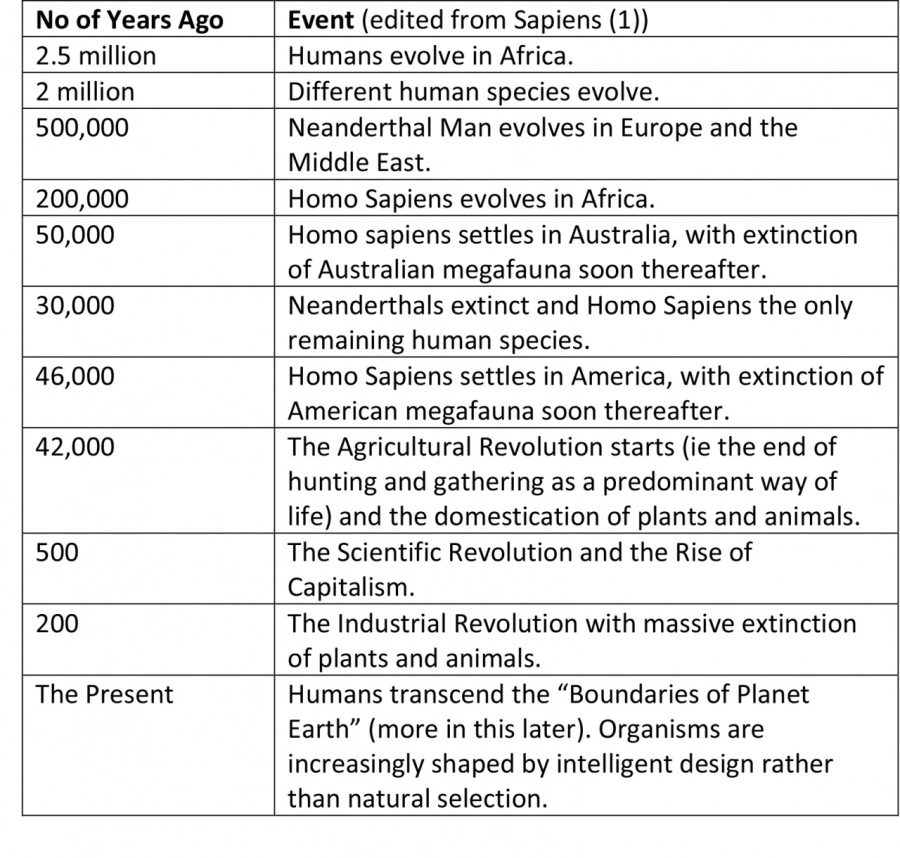
- Homo Erectus - Commonly known as Upright Man (and nothing to do with the male member's prowess between the sheets, or indeed with the male 'member'). This species survived from 2 million to 50,000 years ago, were the first to use fire, and reportedly made the same weapons repeatedly without change. Perhaps if they were still here instead of us, there's be no need to worry about nuclear weapons?
- Homo Neanderthalensis - This Neanderthal species survived from 300,000 to 30,000 years ago, survived the ice-age climate, but had a very poor public relations profile, still to this day being the butt of many a dad joke.
- Homo Luzonensis - The Species from Luzon Island survived from 700,000 to 50,000 years ago. although well adapted to tropical climate he/she is little known as a species and obviously did not take any time out to build a Facebook profile.
- Homo Denisova - Although this species was reportedly around from 300,000 to 50,000 years ago, they were originally identified solely from a single fossilised digit. It seems pretty obvious that they should have gone to a few more footy matches and hence had their finger in a few more pies.
- Homo Florensiensis - So named after the island of Flores, near Bali, and surviving from 800,000 to 50,000 years ago. Although they were reportedly good at hunting dwarf elephants and giant lizards, they had a disastrous social life and never left Flore. I can't blame them really, since they probably heard about the Balinese being overrun by Aussie Homo Sapiens behaving badly.
- Homo Sapiens - That's us folks, more commonly known as 'Wise Man', although we all know that our woman folk are generally much wiser. Although we've been around from 300,000 years ago till now, I wouldn't take any bets that we'll still be around in the twenty second century, unless we get rid of most of our politicians, industrial capitalists, carbon polluters, and the like, and start acting like grown ups. Besides who are we going to trust to hold the stake money till then?
Talking about the mistakes that the above various species made before popping off the planet, I found that David Attenborough (3) in particular seems to have a good handle on the mistakes that we now, as the only surviving human species, have made, and how these catastrophic errors have crept up on us so slowly that many of our so called 'Wise' species are still either not aware of the dangers we face, or are choosing to ignore them, while cocooned in a smoke screen of self indulgence.
So just who is this David Attenborough (for those of you who've been living under a rock for the last 94 years) and what gives him the right, do I hear you ask, to be an expert on the planet and our effect on it?
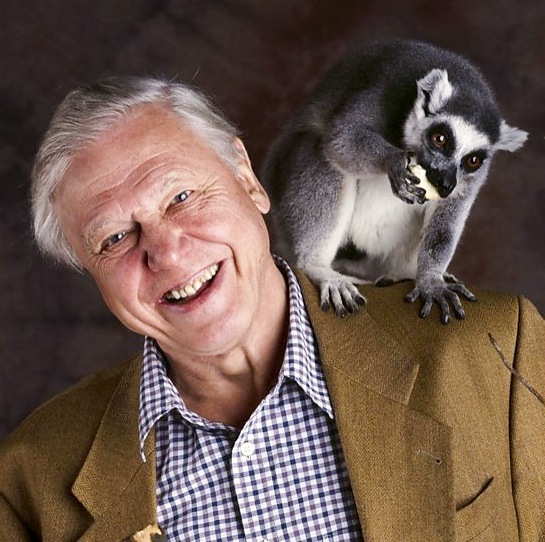
Sir David is undeniably "Britain's best known natural history film-maker' with his career as a naturalist and broadcaster spanning almost seventy years. I remember my parents buying me his colourful book on Birds of Paradise in the late fifties when I was very young, a fitting first introduction to the then wild people and fauna of PNG. The memories of his many landmark travel series have been with me for most of my life. He was knighted in 1985 and received the Order of Merit in 2005, is a fellow of the Royal Society (as were Isaac Newton, Charles Darwin, Michael Faraday, Albert Einstein, and Stephen Hawking) and "stands at the forefront of issues concerning the planet's declining species and conservation". If you need any further convincing then please read the section titled "My Witness Statement" near the front of his latest book A Life on Our Planet (3).
Perhaps one of the things that got my attention most was Sir David's introduction to the Planetary Boundaries Model. This is summarised in the table below, can be accessed via links (5) and (6), and explained in Rockström and Klum (4):
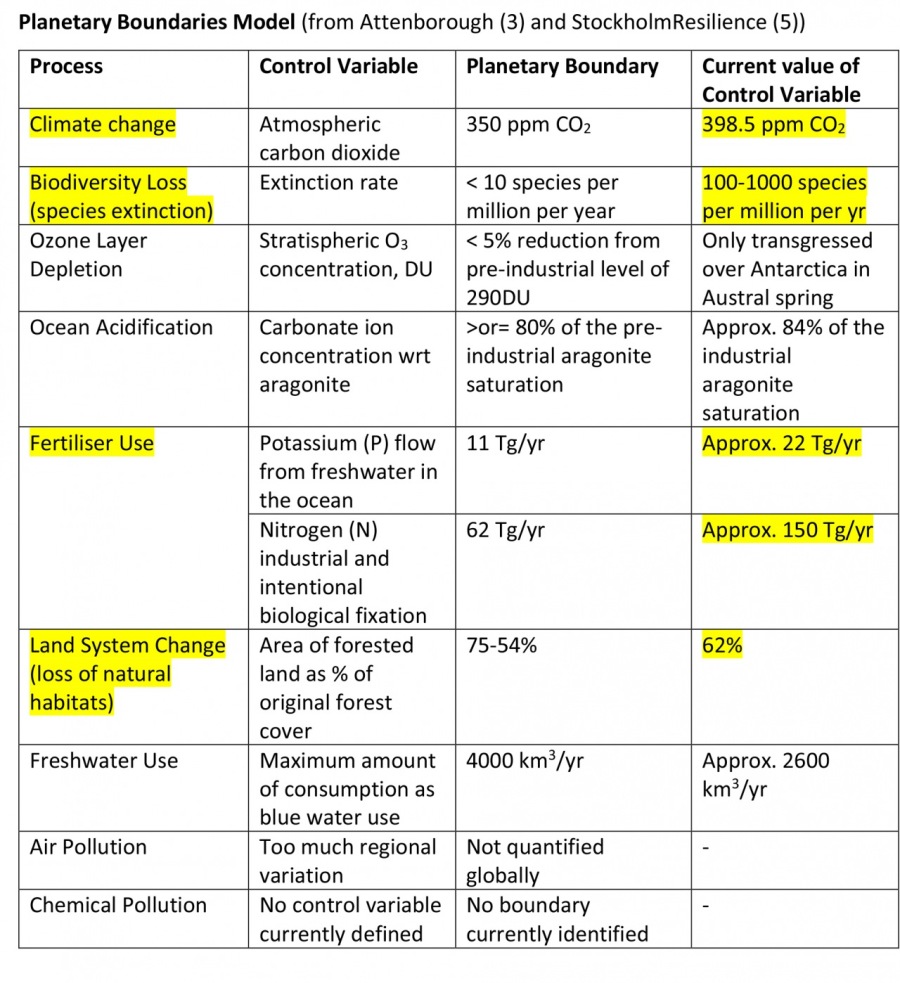
- "We are warming the Earth far too quickly, adding carbon to the atmosphere faster than at any time in our planet's history."
- "We are causing a rate of biodiversity loss that is more than 100 times the average."
- "We are polluting the Earth with far too many fertilisers, disrupting the nitrogen and phosphorus cycles."
- "We are converting natural habitats on land - such as forests, grasslands and marshlands - to farmland at too great a rate."
- "We must immediately halt and preferably start to reverse climate change by attending to greenhouse emissions wherever they occur."
- "We must end our overuse of fertilisers."
- "We must halt and reverse the conversion of wild spaces to farmland, plantations and other developments."
- "We need to keep an eye on - the ozone layer, our use of freshwater, chemical and air pollution, ocean acidification."
- "If we do all of those things, biodiversity loss will begin to slow to a halt, and then start to reverse."
But the final and equally important point is that almost 50% of our impact on the planet is attributable to the richest 16% of humanity (Dasgupta Review (7)). Hence we need to learn not only to live within our planet's finite resources in a sustainable fashion, but also to share these resources, globally, in a much more even fashion.
The aim of this post is to act as a wake-up call for those who are still sitting on the climate change fence and oblivious to our future (or lack of it) on this planet, in the hope that you too will take to reading up more about the many problems we face as Homo Sapiens and hence live up to our name of the Wise species, rather than going the way of the dinausor and our other 5 or so hominid species. You will then be in a much stronger position to lobby your politicians and to ask them more knowledgeably what they are intending to do about climate challenge.
Rather than finishing on a gloomy note, let me just say that both Attenborough (3) and Reucassel (2) have presented credible working plans on how we can reverse our present situation. Here are some topics on this from Attenborough (3):
- A Vision for the Future: How to Rewild the World.
- Moving Beyond Growth.
- Switching to Green Energy.
- Rewilding the Seas.
- Taking up Less Space.
- Rewilding the Land.
- Planning for Peak Human.
- Achieving More Balanced Lives.
And here are some positive suggestions from Reucassel (2):
- Energy for Australia: Be the minister for a day.
- Energy at home: Reduce and renew.
- Transport: What can government do?
- Transport: What can we do?
- Food: Reducing your carbon hoof print.
- Buying and throwing stuff out.
I'll sign off with another quote from Sir David:
We often talk of saving the planet, but the truth is that we must do these things to save ourselves. With or without us, the wild will return. Evidence of this is no more dramatic than that to be seen in the ruins of Pripyat, the model city that had to be abandoned when the Chernobyl nuclear reactor exploded" ... "The wild has reclaimed its territory."
David Attenborough in A Life on Our Planet
References:
(1) Harare, YH (2020), Sapiens, A Graphic History, The Birth of Humankind, HarperCollins, New York.
(2) Reucassel, C (2020), Fight for Planet A, HarperCollins, Sydney.
(3) Attenborough, D (2020), A Life on Our Planet, My Witness Statement and a Vision for the Future, Witness Books, London.
(4) Rockström, J and Klum, (2015), Big World, Small Planet, Yale University Press.
(5) https://www.stockholmresilience.org/research/planetary-boundaries/planetary-boundaries/about-the-research/the-nine-planetary-boundaries.html
(6) https://www.carbonbrief.org/explainer-nine-tipping-points-that-could-be-triggered-by-climate-change
...................<<..................>>...................
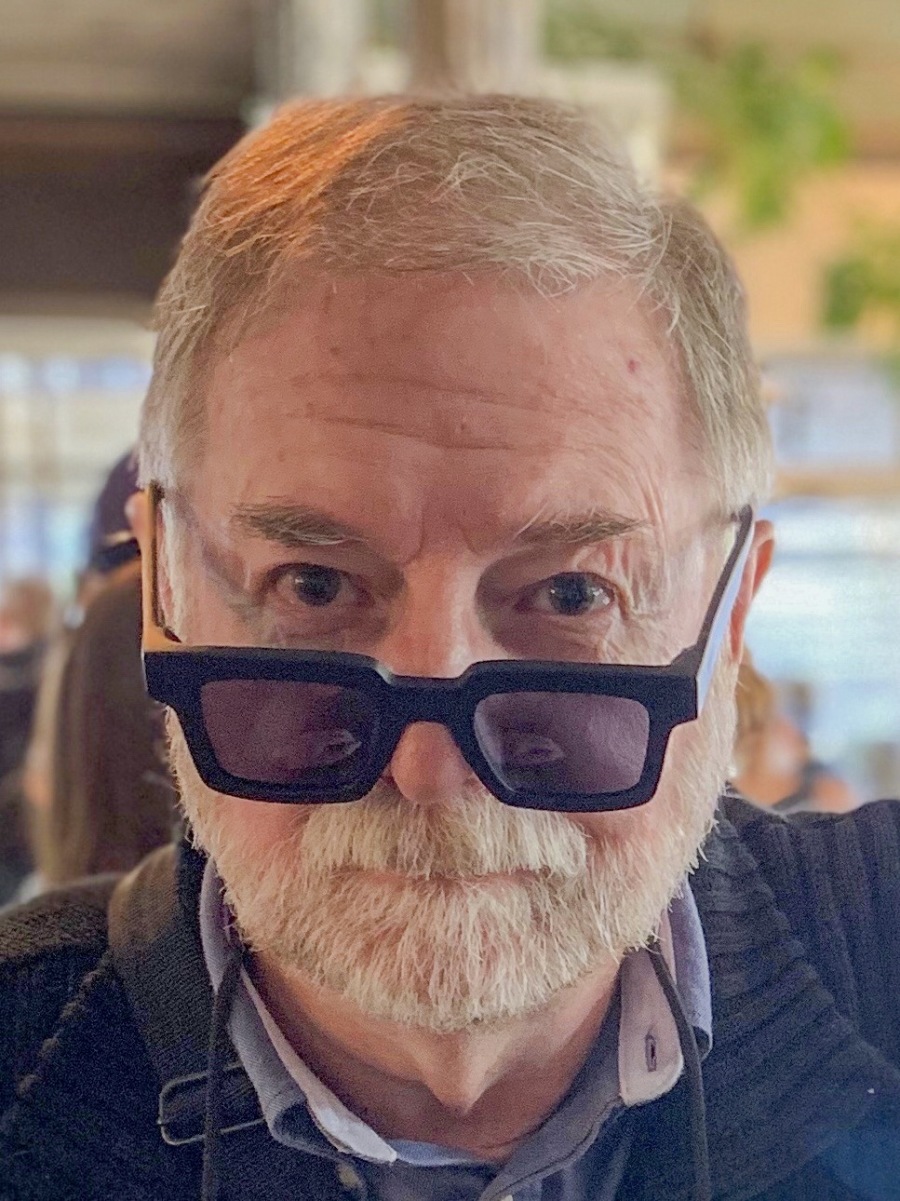
http://ken-boddie.squarespace.com
The author of the above, Ken Boddie, besides being a sometime poet and occasional writer, is an enthusiastic photographer, rarely leisure-travelling without his Canon, and loves to interact with other like-minded people with diverse interests.
Ken's three day work week (part time commitment) as a consulting engineer allows him to follow his photography interests, and to plan trips to an ever increasing list of countries and places of scenic beauty and cultural diversity.
in beBee Writers and in 2 more groups
Articles from Ken Boddie
View blog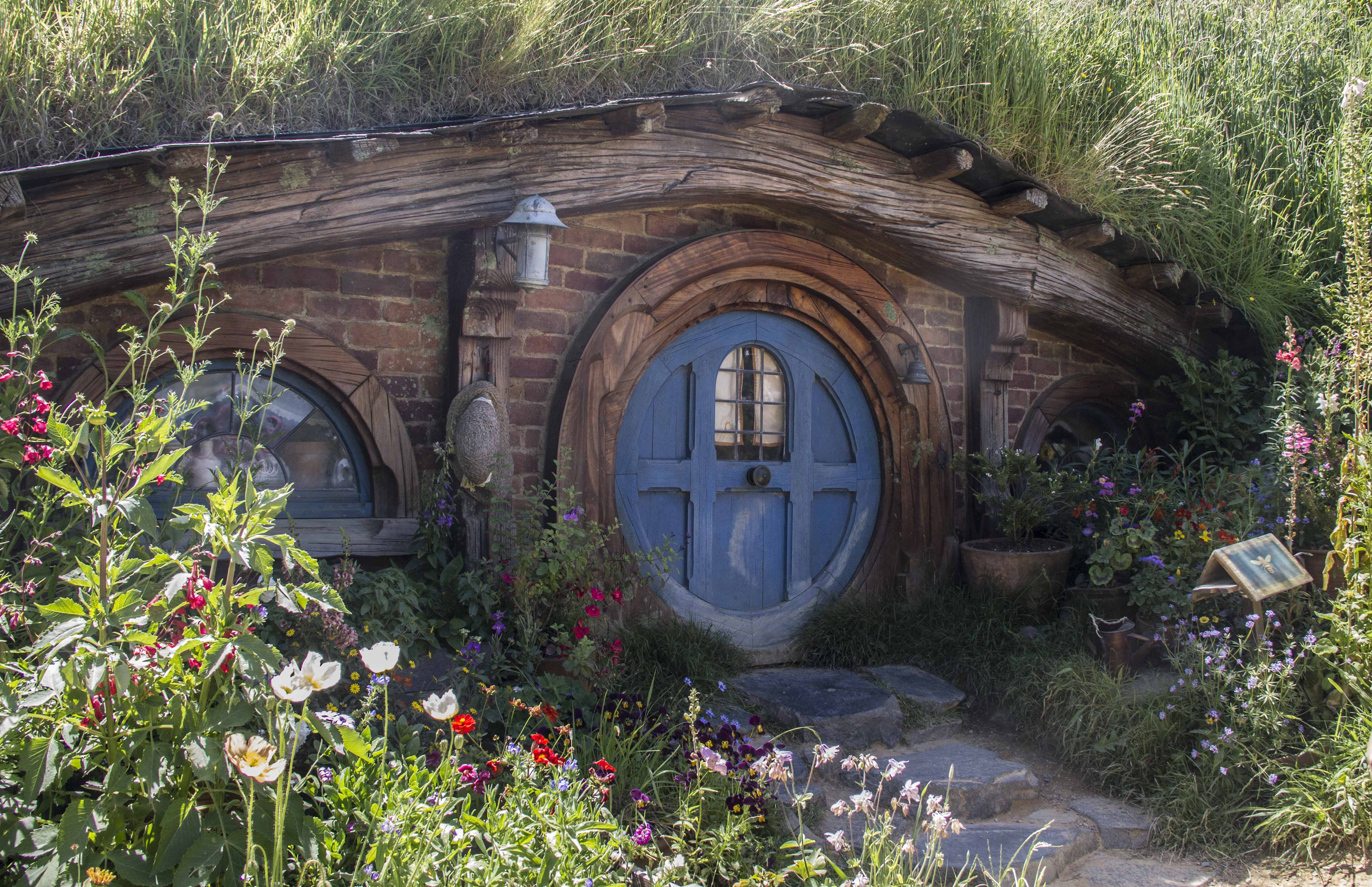
Come to New Zealand, they said! Go bungy jumping, they said! Watch Maori warriors do the Haka, they ...
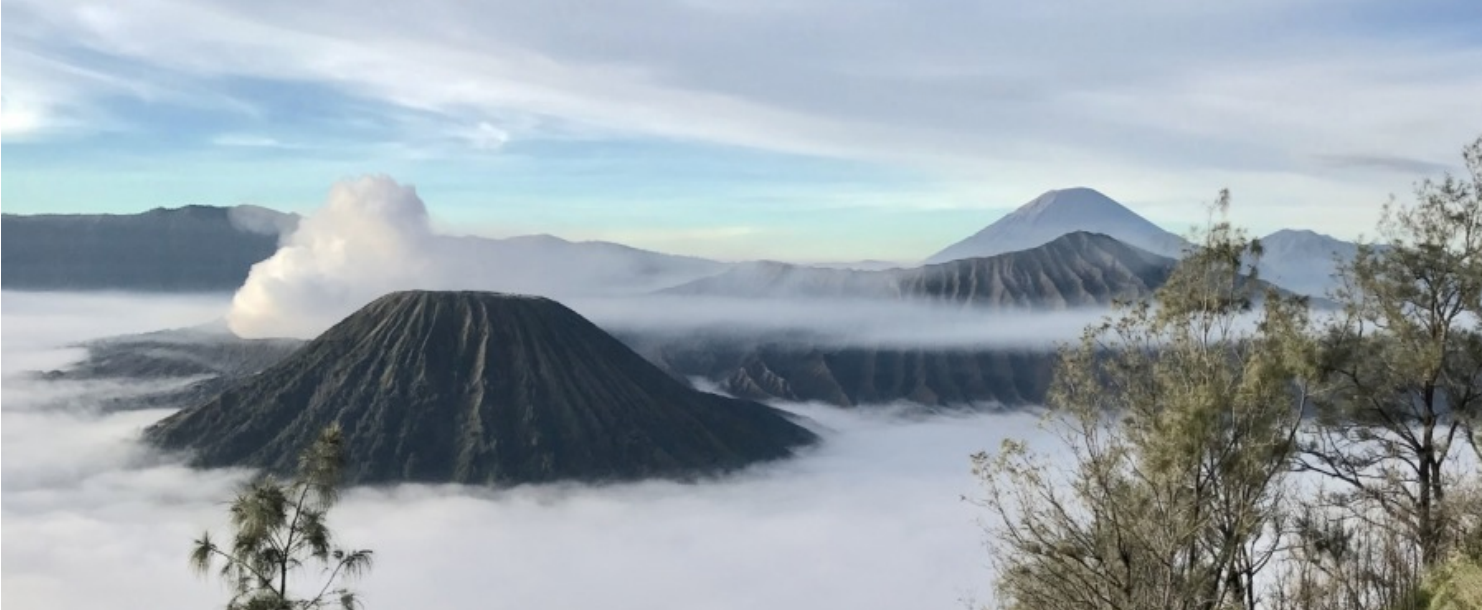
It was just after 5am on an April morning (2019), it was cold, and the sun was struggling to penetra ...

Today is, believe it or not, ‘National Let’s Laugh Day’ in the USA? But why shouldn't we all take a ...
Related professionals
You may be interested in these jobs
-

High Reach Operator
2 days ago
Direct apply
Upswing Recruitment Pty Ltd Dandenong, AustraliaBased in **Dandenong South**, our clients require reliable **Counter Balance & High Reach Forklift Operators** for an immediate start **for a 5am Start Monday to Friday. **To be successful in this role, it is an advantage to possess the following: · - Industry experience in Wareh ...
-

Associate Director
15 hours ago
Direct apply
Scripture Union Queensland Sydney, Australia_Are you skilled in collaborating with senior colleagues on major initiatives? _ · - _Do you have exceptional planning and organising skills?_ · - _Are you experienced in introducing leadership development programs and actions?_ · **About Scripture Union Australia** · Scripture U ...
-

Procurement Officer
2 days ago
Direct apply
City of Ballarat Ballarat, Australia**Full time ongoing position with Monthly RDO**: · - **Band 4 Salary from $63,507 to $67,689 per annum, plus statutory super** · ***: · - **High functioning team** · *** · **The Role** · This is an existing role that has been expanded into a fulltime position, in response to an i ...

Comments
Ken Boddie
2 years ago #23
Perhaps it’s time for all you climate doubters out there, and our climate averse politicians, to do a little selective reading.
Ken Boddie
2 years ago #22
There will be no camping trips for future generations if our generation doesn’t start to clean up its mess, @Allan Latimer. It’s voices like David Attenborough’s that we should and must be listening to.
Allan Latimer
2 years ago #21
I'm with ya, man! I've read Sapiens and really liked it. I'll have to check out the rest of the books on your list! You should consider joining my new group, Loving Outdoors. I wrote a blog about camping t hep get things started.😜
Ken Boddie
3 years ago #20
I grew up on Mars, Louise ... bars that is. 😂🤣😂
Louise Smith
3 years ago #19
I love those Mars bars with nougat and toasted almonds, coated in milk chocolate I first had them in Japan before they came to Aus I think "Power of Suggestion" not Gestation is the reason !
Louise Smith
3 years ago #18
I would like a choice of Vac I don't trust the current Federal Gov to tell the whole truth I have a Veteran client who served in East Timor - First in with no Support He "had" to do a drug trial each time & he went twice 20 y ago "Veterans involved in the trials continued to experience long-term side effects linked to the anti-malaria drugs, including psychosis, anxiety, depression & memory loss" Banned from prescription to US Special Forces in 2013 but still used in Aus My client has PTSD, Anxiety & Depression for 20 y https://www.abc.net.au/news/2020-05-18/fears-defence-coronavirus-drug-trial-repeating-malaria-mistakes/12253714 https://www.canberratimes.com.au/story/6278281/health-checks-for-soldiers-part-of-trial/
Ken Boddie
3 years ago #17
If the powers that be don't give us our jabs soon, Louise Smith, does it really matter? The only Mars that I am keen on is a sweet bar, with nougat and toasted almonds, coated in milk chocolate. Now you've set my taste buds off and I have this sudden yearning for one. Do you think I may be pregnant?
Louise Smith
3 years ago #16
Ken Boddie
3 years ago #15
Indeed, Franci\ud83d\udc1dEugenia Hoffman, beBee Brand Ambassador, Mother Gaia will rewild her planet with or without us. It’s time we Homo Sapiens lived up to our name and wised up before we share the fate of the other hominids.
Lada 🏡 Prkic
3 years ago #14
I am a huge fan of Attenborough and found “A Life on Our Planet” in the city library. I look forward to a good read. :)
Lada 🏡 Prkic
3 years ago #13
Yes, Ken, but one of our goals, as Attenborough believes, should be using less land even in our cities (houses tight-packed together and smaller in size). About eating less meat, how to convince Americans to give up hotdogs and hamburgers. :) Joke asides, it is not just consuming less meat, but also stop buying products tied to meat production, such as leather. Being a conscious consumer by purchasing products from sustainable sources is not an easy task but can make a huge impact.
Ken Boddie
3 years ago #12
Further to my space and farming comments below, Lada, I’m sure you’ll be impressed by the technical astuteness of Attenborough’s writing. I strongly recommend that you obtain and read a copy of “A Life on Our Planet.”
Ken Boddie
3 years ago #11
Attenborough’s concept of “Taking up Less Space,” Lada, is on a much bigger scale than house size. It’s about the way we farm. We’ve gone from farming 1 billion hectares of land surface to 5 billion in 300 years, tearing down seasonal forests, rainforests, woodland and scrub, and draining wetlands in the process, releasing massive amounts of previously stored carbon. Like the innovative and sustainably smart Dutch, we need to be smarter and get more food from less land. He covers such topics as regenerative farming, urban farming and vertical farming, but, most of all, he maintains we need to change the food we eat. Since 80% of the world’s farmland is used to support meat and dairy production, we need to be heading towards a more plant-based diet with considerably less meat. Our transition from omnivore to herbivore may be helped by biotechnically manufactured alt-proteins and clean meats grown from animal tissue. With such improved farming and diet efficiencies we may be able to feed ourselves on just half the current farming land area.
Lada 🏡 Prkic
3 years ago #10
Lada 🏡 Prkic
3 years ago #9
Ken Boddie
3 years ago #8
Well said, Pascal Derrien, and like all messy guests/tenants our eviction notices has been served ... but we appear to have misplaced it.
Pascal Derrien
3 years ago #7
Ken Boddie
3 years ago #6
Thanks, Debasish. I hope you will also read David Attenborough’s inspiring work.
Ken Boddie
3 years ago #5
#2 Thanks for commenting, Joyce.
Debasish Majumder
3 years ago #4
Joyce 🐝 Bowen Brand Ambassador @ beBee
3 years ago #3
Joyce 🐝 Bowen Brand Ambassador @ beBee
3 years ago #2
Joyce 🐝 Bowen Brand Ambassador @ beBee
3 years ago #1